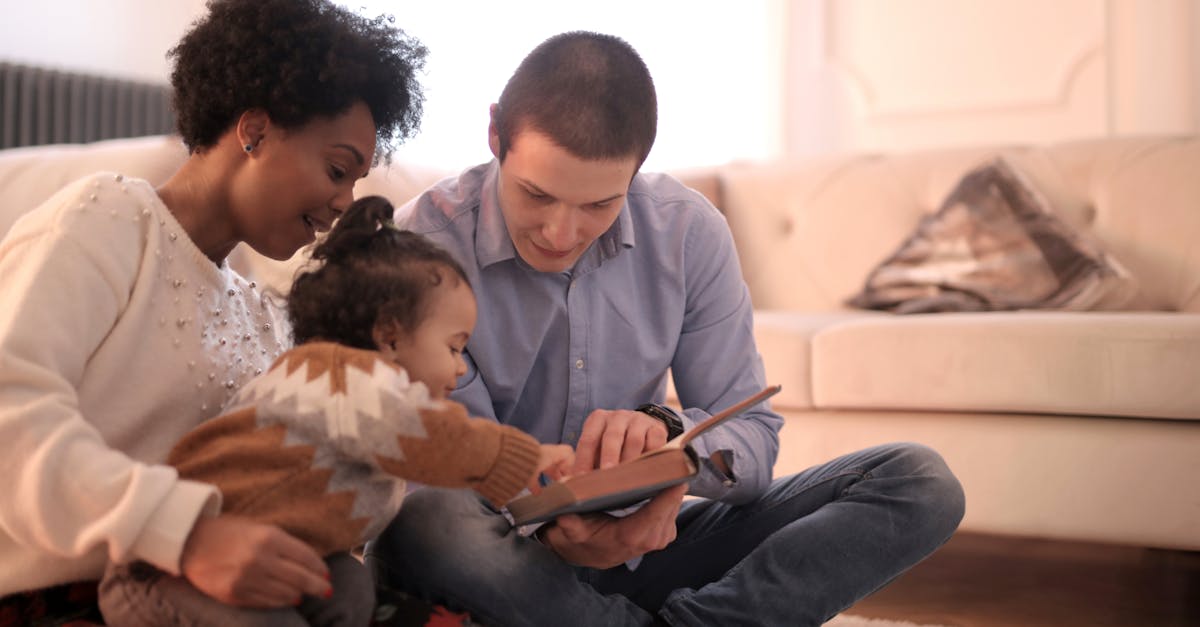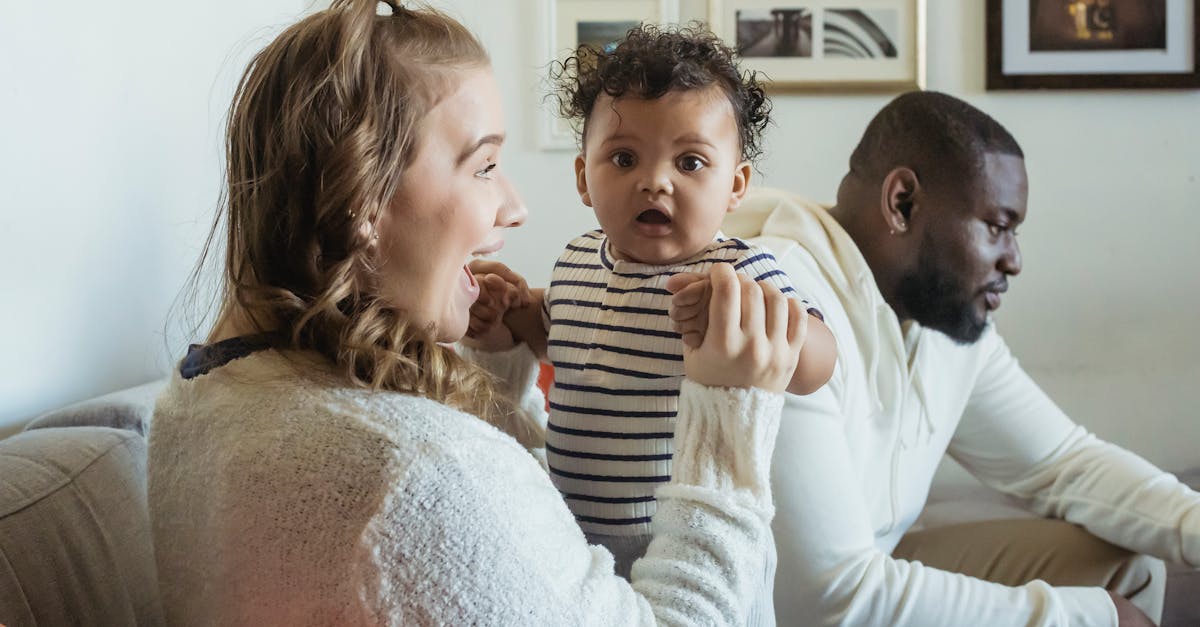The Power of Echo
Ever notice how your favorite songs stick after a few listens? That’s repetition at work, and it’s pure gold for enhancing your newborn’s language skills. By repeating words and phrases, you’re not just filling the silence—you’re laying the groundwork for your little chatterbox’s future conversations. Think of repetition as the gym for your baby’s brain, where neurons flex and grow stronger with each ‘Again, please!’

Storytime Secrets
Let’s talk about the magical world of storytime. It’s not just the soothing voice or the colorful pictures that make this ritual a cornerstone for language development.
Repetition in stories, with phrases that come over and over, turns passive listening into an interactive game. Babies start to anticipate what’s coming next, and that’s when you see those gleeful giggles. Plus, spoiler alert: You’ll probably memorize those books, too.

Sing Along for Smiles and Skills
Music is a universal language, right? Well, it’s also a backdoor to boosting language skills in babies. Singing the same songs repeatedly can improve memory and word recognition. It’s not just the tune that’s catchy; the repetitive lyrics work their way into your baby’s budding vocabulary. And who knows? You might just form a parent-baby duo that could charm the crankiest of neighbors.

The Name Game
Your baby’s name is their very first, most personal word. By using it often, you’re teaching them the foundational concept of identity and communication. It’s like saying, ‘Hey, you’re part of this world, and you matter.’ This repetition helps in making connections between themselves and the sound patterns they hear, basically serving personalized language lessons from the comfort of your arms.

Chatty Mealtimes
Mealtime is more than just dealing with flying peas and discovering that, yes, carrots can end up in diapers. It’s a golden opportunity for language development through repetition. Describe actions, name foods, and talk about what’s happening around. ‘Do you want more apple?’ might just turn into your baby’s first ‘Yes’ or an attempt at ‘apple’, served with a side of pride and probably a little puree on the ceiling.

Gesture Galore
Before words come gestures, and repeating these goes a long way in building communication skills. Clapping when happy, waving goodbye, and pointing to what they want—these actions all support language by teaching cause and effect. ‘Clap if you’re happy’ followed by smiles and excitement reinforces understanding and connects emotions with physical actions.

Feel free to explore the world of gestures and their impact on communication. They can be powerful tools in expressing emotions and needs!
Encouragement Is Key
Every coo, babble, and attempt at words your baby makes is a step toward fluent language skills. Responding with enthusiasm, repeating their sounds, and adding new ones into the mix encourages more attempts and exploration. It’s like cheering for those first wobbly steps; each one is celebrated, making the journey from babbling to ‘I love you’ filled with joy and progress.

Remember, the little milestones matter! Acknowledge and praise each effort, no matter how small, as they all contribute to your child’s language development.
